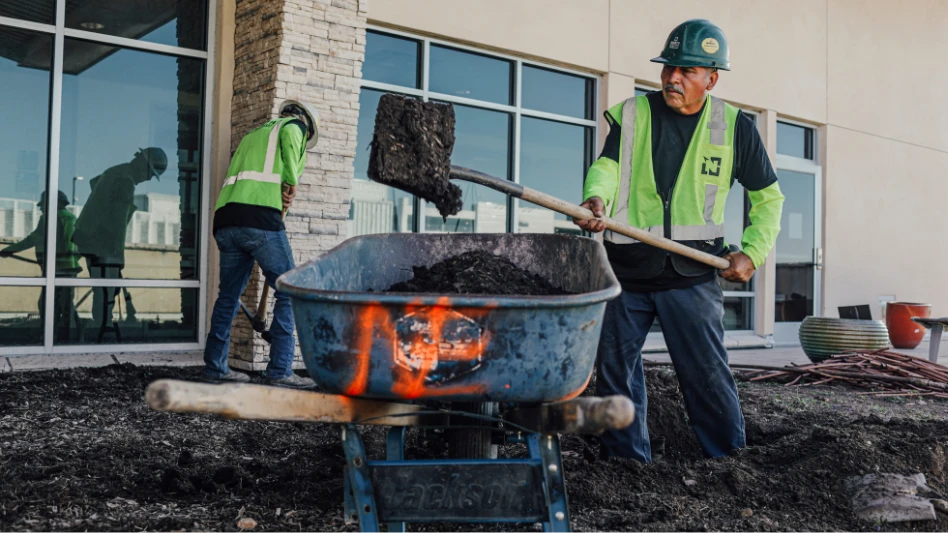
Lawn & Landscape
On Aug. 26, 2023, at 6:36, I had to send a text back home. It was a text I didn’t want to send, but I knew deep down I would have to one day.
“Boston Market is closed.”
And by closed, I meant permanently closed. As I hit send, I knew my then 11-year-old would be devastated. A very picky eater, Boston Market was one place I knew he’d clean his plate. The combination of rotisserie chicken, mashed potatoes with gravy and corn all piled into one bowl — it’s basically Thanksgiving every day.
I knew the end was coming, though. The last couple of times we went, the employees had earbuds in, barely looking any of the few patrons there in the eye.
But the more I thought about it, the more I was surprised they would close for good.
It was a unique idea for a fast-food restaurant. Even today, there aren’t many places similar to it that I can think of.
According to an article in the Washington Post, “The Last Days of Boston Market,” while 27 remain open, the chain peaked at more than 1,200 locations around the country. In the article, restaurant analyst Aaron Allen says many things contributed to the brand’s problems, but one excerpt stood out to me.
For one, he said, after distinguishing itself in the 1990s as a cut above fast food, it attempted to compete with those brands by holding its costs down — a move that ultimately led to a reduction in quality, which only undercut it further. “If you chase a lower price-point consumer, you can price yourself out of business,” Allen says.
Sounds familiar. We write stories a lot about not competing on price, and instead provide the quality worthy of your work.
Make the customers appreciate your work like a sad, now-12-year-old loved his rotisserie chicken and mashed potatoes.

Explore the May 2024 Issue
Check out more from this issue and find your next story to read.
Latest from Lawn & Landscape
- Ever-changing landscape of SEO
- Fleetio acquires Auto Integrate, raises $450M in Series D funding
- Davey Tree expands in St. Paul, promotes Ostlie to district manager
- Schill Grounds Management taps 3 for senior leadership roles
- HD Hyundai Construction Equipment North America adds to wheeled excavator lineup
- High maintenance
- From Design to Proposal: Estimating and Rendering Support Services
- PERC adds Joel Stutheit as senior manager of business development






